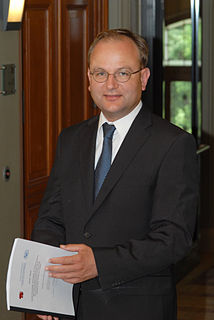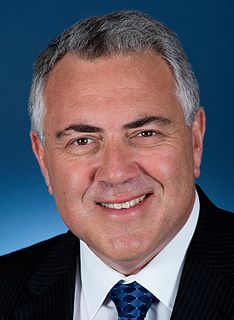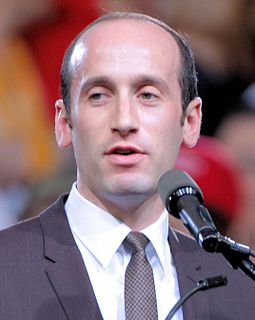A Quote by Mario Monti
What will growth policy have to look like in a fiscally compacted Europe? Clearly any illusion of budget stimulated growth policy will have to go away.
Related Quotes
First of all, developed countries have basically expropriated the atmosphere of the world community. But one must say clearly that we redistribute de facto the world's wealth by climate policy. Obviously, the owners of coal and oil will not be enthusiastic about this. One has to free oneself from the illusion that international climate policy is environmental policy. This has almost nothing to do with environmental policy anymore.
On economic policy, Pence has held to the key building block of growth. He is a budget hawk who voted against President George W. Bush's fiscally bloated No Child Left Behind education bill and hyper-expensive Medicare prescription-drug bill. He said he would not support new middle-class entitlements. He was consistent.
In Europe there's an dangerous growth of ultra xenophobia which is pretty threatening to any one who remembers the history of Europe... and an attack on the remnants of the welfare state. It's hard to interpret the austerity-in-the-midst-of-recession policy as anything other than attack on the social contract.
Inflation is certainly low and stable and, measured in unemployment and labour-market slack, the economy has made a lot of progress. The pace of growth is disappointingly slow, mostly because productivity growth has been very slow, which is not really something amenable to monetary policy. It comes from changes in technology, changes in worker skills and a variety of other things, but not monetary policy, in particular.
Growth, growth, growth -- that's all we've known . . . World automobile production is doubling every 10 years; human population growth is like nothing that has happened in all of geologic history. The world will only tolerate so many doublings of anything -- whether it's power plants or grasshoppers.
Capitalism with near-full employment was an impressive spectacle. But a growth in wealth is not at all the same thing as reducing poverty. A universal paean was raised in praise of growth. Growth was going to solve all problems. No need to bother about poverty. Growth will lift up the bottom and poverty will disappear without any need to pay attention to it. The economists, who should have known better, fell in with the same cry.


































